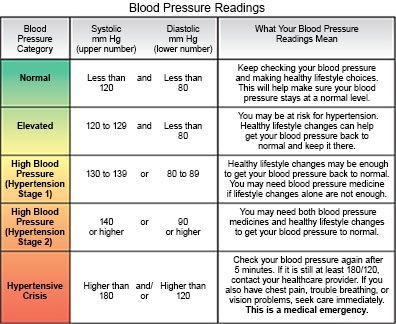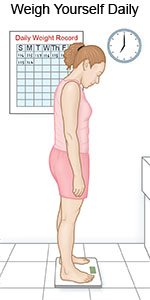Hellp Syndrome
Medically reviewed by Drugs.com. Last updated on Apr 6, 2025.
HELLP syndrome is a life-threatening condition that usually occurs in pregnant women who have high blood pressure (BP). Your risk also increases if you had preeclampsia in a past pregnancy or are older than 40 with this pregnancy. HELLP syndrome usually develops between week 20 and the end of pregnancy. It can also develop a few days after the baby is delivered. Get medical care immediately if you have any symptoms of HELLP syndrome.
 |
DISCHARGE INSTRUCTIONS:
Call your local emergency number (911 in the US), or have someone call if:
- You lose consciousness.
- You suddenly have trouble breathing.
Call your obstetrician or doctor if:
- Your heart is beating faster than usual, or you are breathing faster than usual.
- The pain on the right side of your upper abdomen gets worse, or spreads to your back.
- You feel weak, dizzy, faint, or sweaty, or you are pale.
- You have a headache that does not go away when you take medicine.
- You have blood in your urine.
- You are urinating less than usual, or not at all.
- You gain weight quickly or notice swelling in your face, arms, or legs.
- You have questions or concerns about your condition or care.
Warning signs to watch for:
- Nausea and vomiting, or severe stomach pain
- Headache with vision changes
- Severe fatigue that does not get better with rest
- Difficulty breathing, or pain when you breathe deeply
- Chest or shoulder pain
- Confusion or seizures
- Bleeding or a nosebleed, and the bleeding does not stop quickly
- Weight gain that happens quickly, or swelling in your face, arms, or legs
Medicines:
- Medicine may be given to lower your blood pressure.
- Take your medicine as directed. Contact your healthcare provider if you think your medicine is not helping or if you have side effects. Tell your provider if you are allergic to any medicine. Keep a list of the medicines, vitamins, and herbs you take. Include the amounts, and when and why you take them. Bring the list or the pill bottles to follow-up visits. Carry your medicine list with you in case of an emergency.
Follow up with your obstetrician or doctor as directed:
Write down your questions so you remember to ask them during your visits.
Self-care:
- Go to follow-up appointments as directed. Your obstetrician will check your blood pressure regularly until it is normal. He or she may also order other tests.
- Check your weight each day. Weigh yourself every day before breakfast. Weight gain can be a sign of extra fluid in your body.

- Do not drink alcohol or smoke. Alcohol, nicotine, and other chemicals in cigarettes and cigars can increase your BP. Ask your healthcare provider for information if you currently drink alcohol or smoke and need help to quit. E-cigarettes or smokeless tobacco still contain nicotine. Talk to your healthcare provider before you use these products.
© Copyright Merative 2025 Information is for End User's use only and may not be sold, redistributed or otherwise used for commercial purposes.
The above information is an educational aid only. It is not intended as medical advice for individual conditions or treatments. Talk to your doctor, nurse or pharmacist before following any medical regimen to see if it is safe and effective for you.
Learn more about Hellp Syndrome
Treatment options
Care guides
Further information
Always consult your healthcare provider to ensure the information displayed on this page applies to your personal circumstances.
